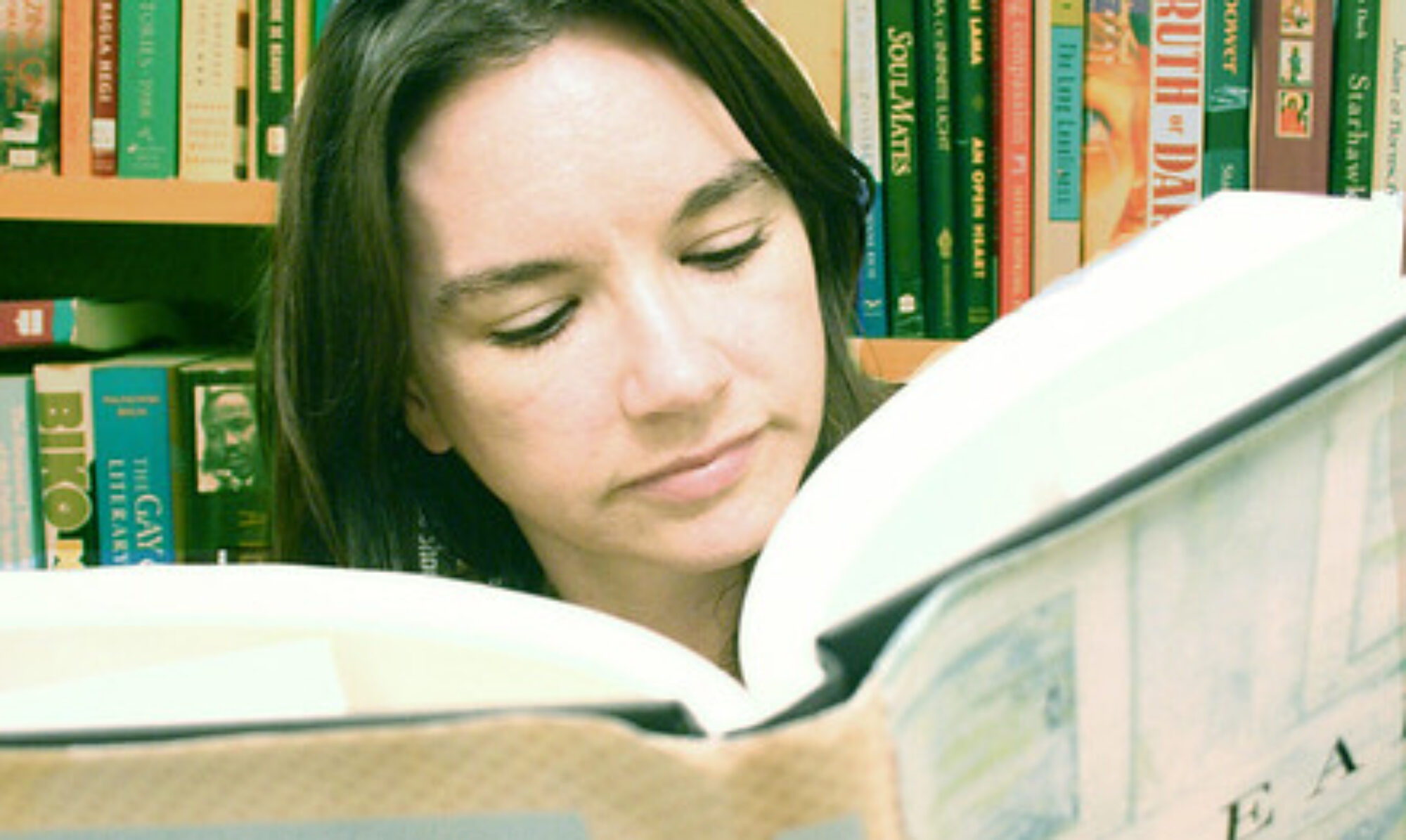I think this is the most inspiring book I’ve read so far this year, very thought-provoking and what a neat way to describe John Rawls’ work! Makes me kinda want to go back and re-read that guy, but you don’t need to be familiar with Rawls’ A Theory of Justice or Political Liberalism to get a lot out of Lefebvre’s book (btw, for English-speakers, apparently that ‘b’ in Lefebvre is silent so I’ll spell it phonetically in this review). It all hinges on the idea that instead of being liberal plus some other group identity (say, religious), Lefevre says you can be liberal “all the way down.” In a world where so many are rejecting institutionalized religion, this actually makes the most sense and we should think of it as an option. Lefevre argues that our society is steeped in liberal values (despite not living up to those values much of the time, a fact which only reinforces his point: that we get so outraged about injustice is itself indication that we really value justice). Liberalism is, Lefevre says, our “background culture.”
That’s the first part of the argument. The second part (the so-called “self-help” part) is about how to actually do that, that is, if you’re going to fully embrace liberalism and liberal values, that means you have to actually work towards achieving a more fair and just world. In other words, don’t be a hypocrite (and we’re all hypocrites in this sense). When we tolerate injustice, we’re not being good liberals. We can learn and practice being better, just like learning how to swim. Lefevre is great at metaphors. (There’s a reason the picture on the cover is of people swimming!)
I’m not sure what I think about the fact that I now know (from reading a political theory book of all things!) what the most popular type of pornography is, but there is that factoid in this book too! (I won’t spoil it for you but personally I had no idea! lol) Lefevre uses lots of examples from popular culture to make his points. Some may enjoy that more than others. I don’t mind.
Two points: One, this book pairs well with Jason Stanley’s book How Propaganda Works and also with Adam Gopnik’s A thousand small sanctities. Two, for those interested in political theory, there’s an extra reward in reading the subtext here: political theory should be normative. That is its purpose: to figure out how to live. This is how the ancients thought about philosophy and it’s very different from the way modern thinkers think about it. Most recently, in the past hundred years or so since the rise of behavioralism in political science there has been an attempt to make our field more “science-y” and “objective” “descriptive rather than prescriptive.” It led many people to despair in the 1950s about the death of political theory. Nowadays people talk about the death of liberalism in much the same way. I think they are talking about the same thing (when the latter aren’t confusing liberalism with US hegemony): it is the loss of what Sheldon Wolin calls “vision” for the future, an imagining of how to make our world better. Humans need this sort of thing and we’ve thrown it away. Lefevre is telling us liberalism can help with this problem, if we embrace it. I agree.
Needless to say, this book, like others before it, is taking on the laudable Sisyphean task of trying to define liberalism, a word which seems to encompass so many things (sometimes contradictory things) that no one seems to know what it means anymore. I think it succeeds. Lefebvre gives us a more concrete way to think about what liberalism is, using Rawls as a springboard. It’s not just an intellectual treatise on liberalism, it’s a sort of roadmap for how to live. I enjoyed this book and highly recommend it for anyone who feels disillusioned with modern life.
